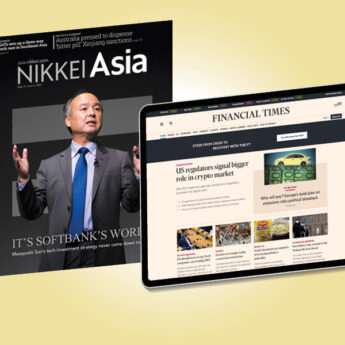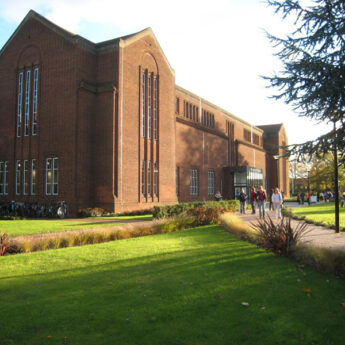The State of British Politics
The UK’s business community in Japan is “in the vanguard of the British economic recovery” and successes here will translate into increased trade, the creation of more jobs and growth at home, Lord Jonathan Marland told a British Chamber of Commerce in Japan luncheon at the Mandarin Oriental, Tokyo in late February.
Lord Marland, who stepped down from his ministerial post in the Department of Business, Innovation & Skills in January to concentrate on his new role as Prime Minister David Cameron’s trade envoy, was in Tokyo with a delegation representing British businesses in the life sciences sector. However, he took the time to address the chamber on the state of British politics.
His wide-ranging discussion—incisive and frequently stinging—touched on the opposition Labour Party, the coalition with the Liberal Democrats, Europe, Scottish independence and the likely outcome of the UK’s next general election.
Covered by the Chatham House Rules, which guarantee the confidentiality of a speaker, not all of Lord Marland’s thoughts on the state of British politics can be reported, although he did give BCCJ ACUMEN permission to cover some of the matters that were discussed.
One thing that he was keen to emphasise was the scale of the problems that the government has inherited—the staggering budget deficit, turmoil in the eurozone and the marriage of inconvenience among coalition partners—and also the excellent job that the prime minister has done since entering Downing Street.
Despite the naysayers on the opposition benches and the media at home, the UK—and especially London—remains a very attractive place in which to do business, Lord Marland said.
“In terms of inward investment, London and Britain [as a whole] are places that the rest of the world can’t get enough of”, he said. “London, at the moment, is the centre of the world.
“I’m not being boastful, but that’s just a matter of fact”, he added. “These things don’t last for ever and it could change tomorrow, but London is in a very strategic place. [London is] a very outward-looking place and is a flexible city [in which] to work.
“We have good transport links, good education and health services, although we may not always think so”, he explained. “There are 106 languages spoken in London. It’s an extraordinary place and at the moment it is at its nadir.
“I don’t see inward investment as a problem for the next few years”.
Lord Marland, who also previously served as treasurer of the Conservative Party, said he agreed with the decision by Business Secretary Vince Cable to focus the UK’s industrial strategy in areas in which the nation excels—the automotive and aerospace sectors, nuclear energy, the life sciences—as there is no point in devoting time and energy to an area in which the UK has little likelihood of being a world-beater again, such as in the steel industry.
“We have to be in the high-tech sectors and other specific areas because that is what we are so good at”, he said.
Turning to the coalition, just days before the by-election in Hampshire’s Eastleigh, Lord Marland said that at the working level, “the coalition is working very well”.
“There is mutual respect, although there have been flashpoints, as there are in any marriage”, he said. “But on the whole, it is working extremely well and everyone is committed to restoring the country”.
The result of the Eastleigh election will be a good indicator of the voting public’s attitude towards the government and the coalition, he said, but added, “ultimately, it will be the state of the economy that defines the result of the next general election”.
“For the election, Cameron has only one person that he is competing against, and that’s himself”, Lord Marland said, adding some pithy asides on his rivals for the post of prime minister in the 2015 election.
“It is too early to tell the outcome of the next election because it will be the economy that decides it”, he added. “If the economy turns—and there are signs that it is already happening—then I think the Conservative Party will continue to run the country in some kind of coalition arrangement”.






